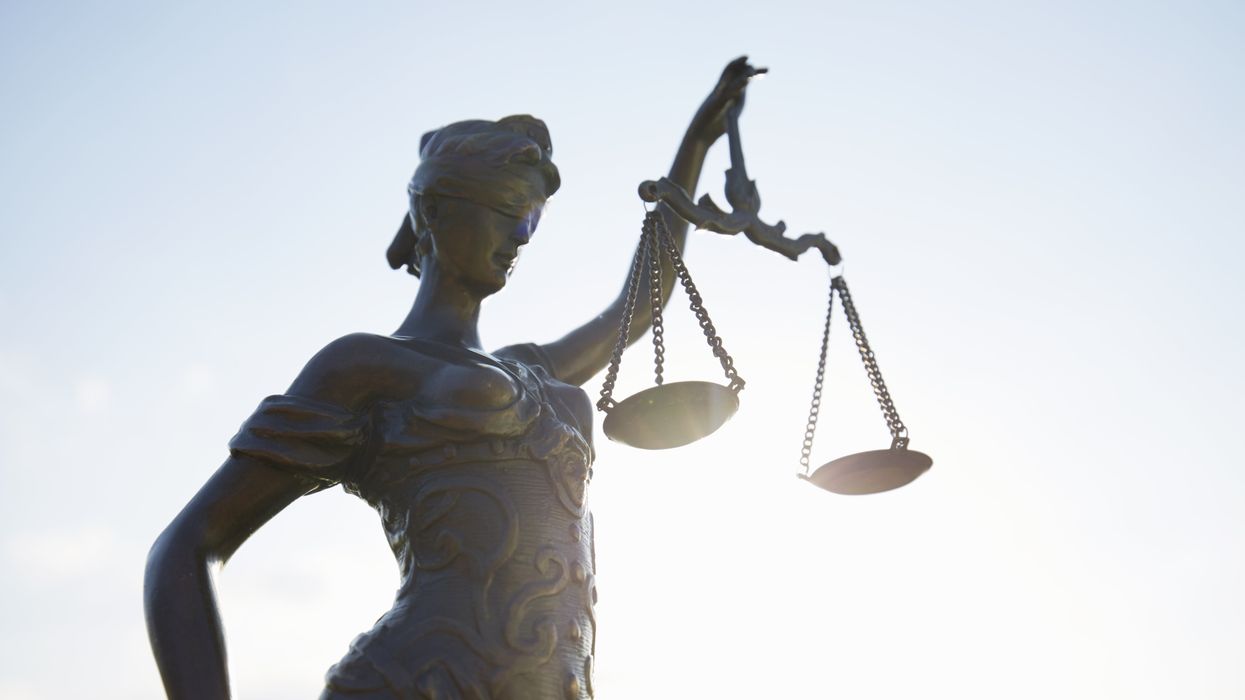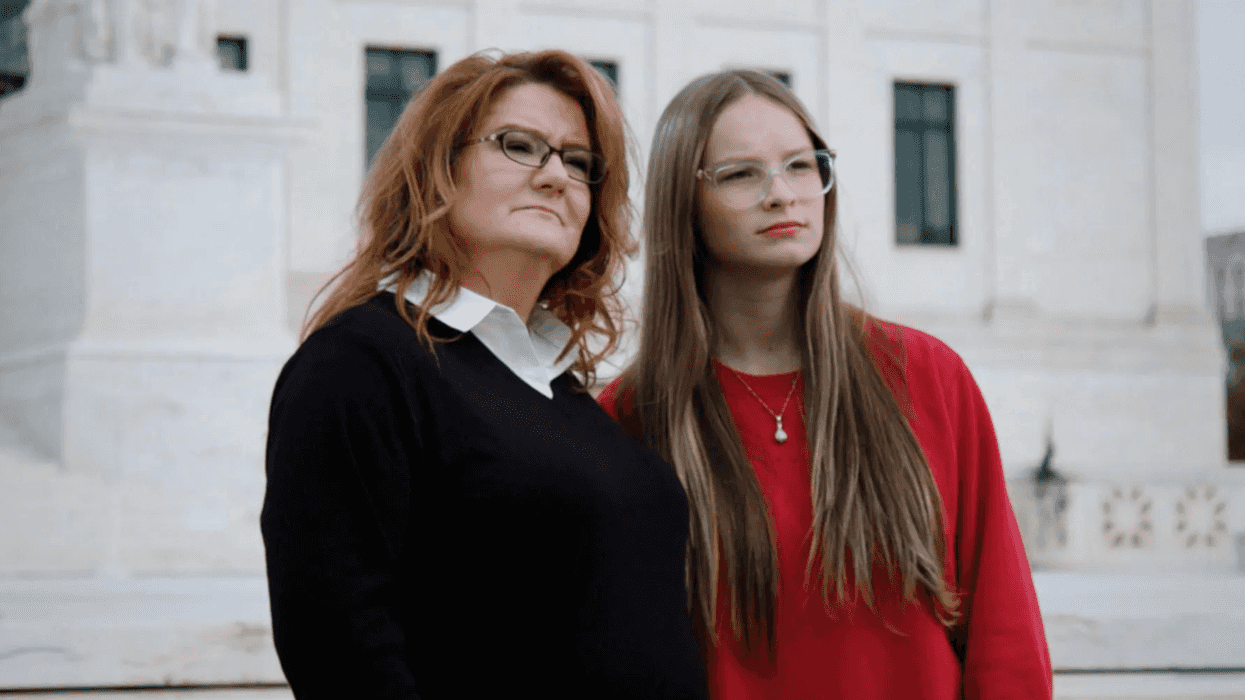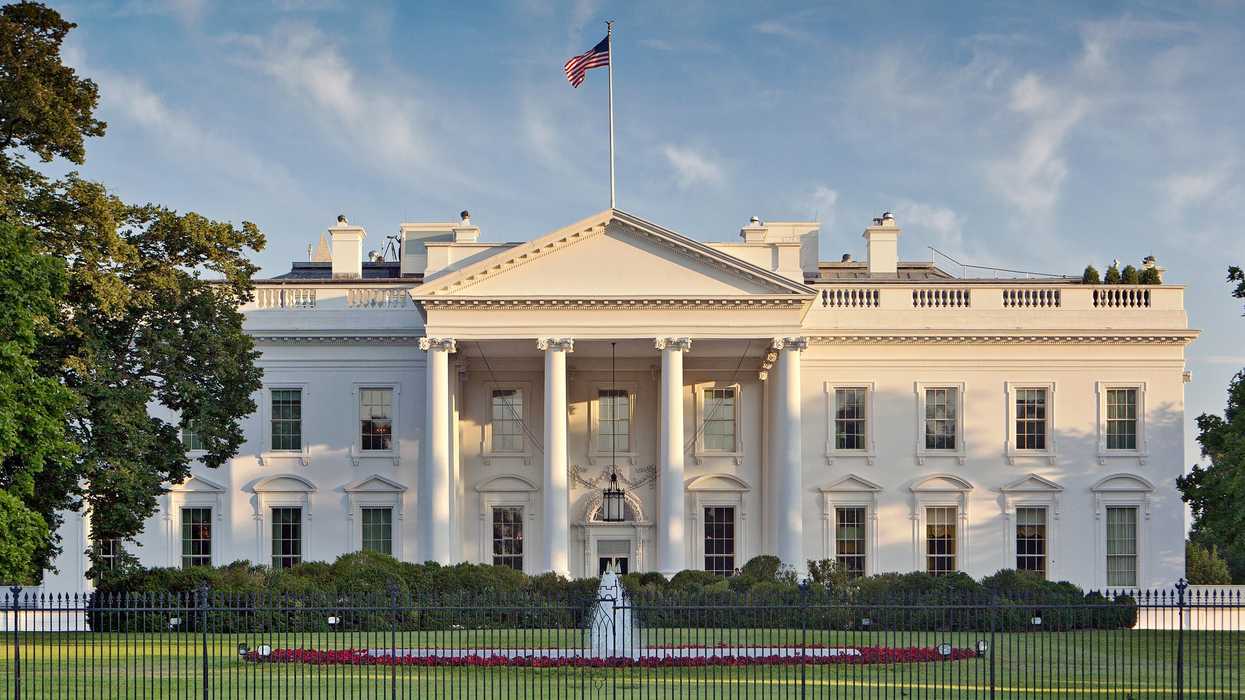The American legal system prides itself on upholding justice. But behind its polished façade lies an uncomfortable truth: the law often protects abusers—particularly when they hold power within the system itself.
From Jeffrey Epstein’s elite legal defense to the many unresolved allegations of sexual misconduct against Donald Trump, we see how wealth and status create insulation from accountability. But what’s less visible is how this dynamic plays out within the legal profession, where lawyers, judges, and law professors abuse their power. The institutions tasked with accountability often remain silent.
I know this reality intimately.
As a public interest lawyer and survivor of domestic violence, I navigated a harrowing custody battle, secured a restraining order, and ultimately won the right to relocate with my child. But what should have been a moment of safety was overshadowed by professional betrayal. My abuser, a fellow attorney and adjunct law professor, faced no professional consequences. Even while under a court-ordered restraining order, he continued teaching law students—his record unblemished, his reputation protected. Law school administrators were informed. I was never contacted, supported, or believed.
This isn’t a personal grievance. It’s a systemic failure.
In a field where reputation often outweighs integrity, survivors are routinely discouraged from speaking out. When the accused are high-status men in legal academia or practice, institutions close ranks to preserve their image. Survivors—especially women, people of color, and those in early career stages—pay the price: lost income, mental health crises, professional isolation, and, in many cases, forced exit from the profession.
These failures aren’t just workplace issues—they’re failures of civic infrastructure. When government agencies, courts, and bar associations ignore or minimize abuse, they undermine the very democratic principles they exist to uphold: equal protection under the law, access to justice, and institutional transparency. A democracy that fails to protect its most vulnerable participants—particularly within the legal system—loses legitimacy in the eyes of the public.
We are not talking about rare cases. Nearly 1 in 4 women and 1 in 10 men experience physical intimate partner violence in their lifetime. Studies show that survivors lose approximately 8 million days of paid work each year due to abuse. When the abuser is a legal professional, the imbalance of power is intensified. They know how to weaponize the law to harass, delay, and drain their victims—using legal filings not for justice, but for punishment.
And the profession lets them.
Law schools rarely have trauma-informed procedures for student or faculty survivors. Bar associations focus on attorney discipline for financial misconduct, not abuse. Employers don’t know how to handle disclosures—so they ignore them. Meanwhile, abusers continue teaching, practicing, and climbing ranks, aided by silence and institutional complicity.
It doesn’t have to be this way.
If the legal profession is to retain any moral authority, it must reform from within. That starts by acknowledging that domestic violence isn’t just a social issue—it’s a workplace issue, a legal ethics issue, and a democratic integrity issue. Civic institutions—especially those charged with interpreting and enforcing laws—must model the accountability they demand from others.
We need:
- Trauma-informed training for all legal professionals—including judges, professors, and bar association staff.
- Survivor support systems within law schools, firms, and courts.
- Bar disciplinary reform to ensure violence, harassment, and coercive control are treated as ethical violations.
- Bans on non-disclosure agreements and gag orders in cases involving abuse.
- Transparency around institutional handling of abuse allegations, especially when the accused hold teaching or leadership roles.
For Latinas and other women of color, these institutional failures often carry additional burdens. We are more likely to be disbelieved, stereotyped as “emotional” or “unprofessional,” and punished for speaking out. Cultural stigmas, immigration concerns, and economic disparities compound the risks. In my own case, navigating these dynamics as a Latina in a predominantly white legal institution only deepened my isolation. Addressing abuse in the legal system must include an intersectional lens—because democracy cannot thrive if entire communities are excluded from its protections.
As a pro bono attorney, I’ve also had the honor of serving dozens of Latinas navigating the aftermath of abuse. The sheer number of survivors and the invisible wounds they carried enraged me, and still do. Domestic violence affects people across all backgrounds, but I witnessed firsthand that immigrant women face unique and compounded barriers—language, isolation, financial dependence, and fear of deportation. Nearly half of Latina immigrants may never seek help, fearing indiscriminate detention. Abusers exploit immigration status as a weapon of control, creating a brutal dynamic that demands a legal system responsive to their lived realities. For these women, obtaining a restraining order was not just a legal step—it was an act of courage and a means of survival. I walked many through the process in Spanish, acting as both lawyer and translator, bridging the cultural and linguistic divide in a system that too often seemed stacked against them.
This is not a partisan issue. It is a matter of public trust. When we fail to hold legal professionals accountable for abuse, we erode faith in the very system meant to protect the vulnerable. Survivors—inside and outside the courtroom—deserve better.
My memoir, Survivor at Law, shares this lived experience and the broader patterns of complicity I’ve witnessed. But one voice isn’t enough. We need a profession-wide reckoning.
A healthy democracy depends on trust in its institutions. And justice must begin at home. For the legal field, that means inside our own institutions.
Dovie King is a public interest attorney, author of Survivor at Law, and lifelong advocate for survivor justice. Born in San Diego to immigrants from Mexico and Costa Rica, she brings a nuanced understanding of the legal and cultural barriers faced by marginalized communities. A graduate of Brown University and the Northeastern University School of Law, she has advised aspiring public service lawyers at Harvard Law School and worked to dismantle systemic silence surrounding abuse—particularly within legal institutions, the media, and political structures.




















